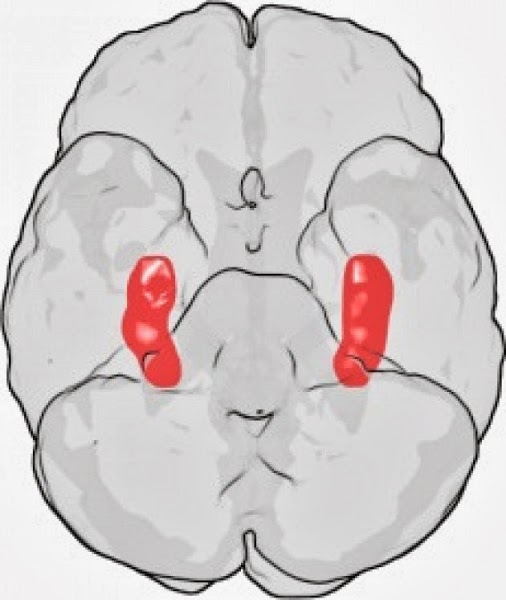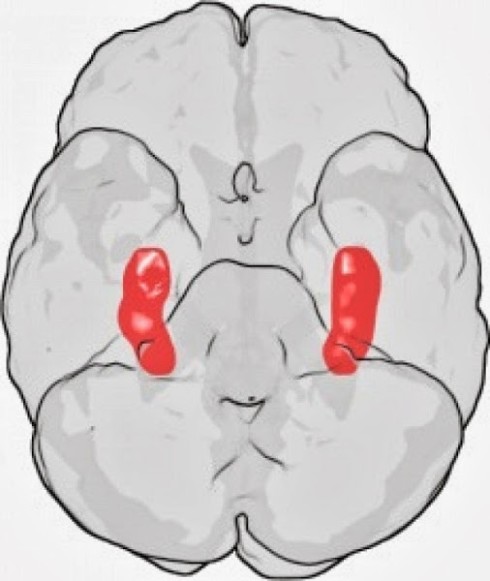Manipulating Memory in the Hippocampus

Modifying the levels of tomosyn protein in the hippocampus of mice, researchers noted over production of the protein led to a sharp decline in the ability to learn and memorize information.
In the brain, cell-to-cell communication is dependent on neurotransmitters, chemicals that aid the transfer of information between neurons. Several proteins have the ability to modify the production of these chemicals by either increasing or decreasing their amount, or promoting or preventing their secretion. One example is tomosyn, which hinders the secretion of neurotransmitters in abnormal amounts.
Dr. Boaz Barak of Tel Aviv University’s Sagol School of Neuroscience, in collaboration with Prof. Uri Ashery, used a method for modifying the levels of this protein in the mouse hippocampus — the region of the brain associated with learning and memory. It had a significant impact on the brain’s activity: Over-production of the protein led to a sharp decline in the ability to learn and memorize information, the researchers reported in the journal NeuroMolecular Medicine.

“This study demonstrates that it is possible to manipulate various processes and neural circuits in the brain,” says Dr. Barak, a finding which may aid in the development of therapeutic procedures for epilepsy and neurodegenerative diseases such as Alzheimer’s. Slowing the transmission rate of information when the brain is overactive during epileptic seizures could have a beneficial effect, and readjusting the levels of tomosyn in an Alzheimer’s patient may help increase cognition and combat memory loss.
The researchers reported in the journal NeuroMolecular Medicine. Source: http://neurosciencenews.com/tomosyn-protein-hippocampus-memory-research-177/
 Follow
Follow